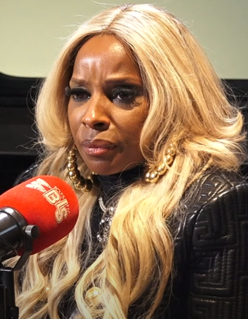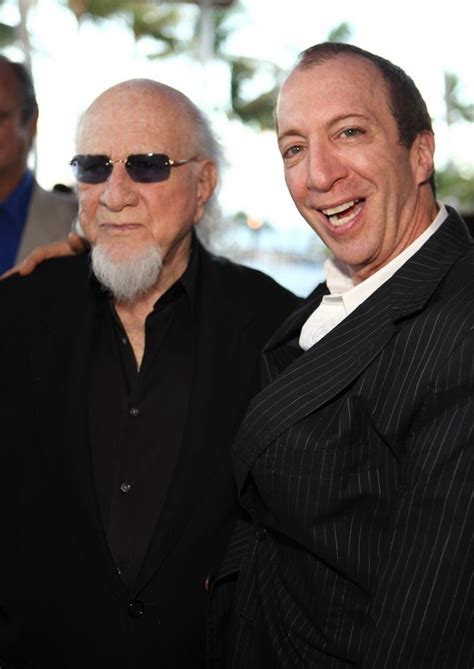A Quote by Mary J. Blige
I've done well, I've been disappointed, and I think it all goes back to you. Of course the labels are going to be the labels. It's the music business. You are a business. That's what they do. So you've got to protect yourself.
Related Quotes
The record business is an oxymoron. In the 1960s, there was an upside to selling plastic discs so labels took the risk - they paid for the record, for marketing, promotion, publicity, everything it took to make the artist a star. But now we have to go back to the venture capital model. The business is stopping and everyone's complaining but you can't blame labels. It's a shitty business. You do it because you're passionate, or because it's what you've always known. But if you lived through the nineties, nobody is thinking this is great compared to what it used to be.
I have a fear of labels. If someone labels me, I have to respond - do I acknowledge it, reject it, deny it, live up to it, and defy it? Labels can affect your ability to be yourself. If you're not careful, like I wasn't when I was young, that can take a toll on you. You find yourself conforming to everyone else's ideas of who you are.
There is a terrible thing that's been happening probably for the last 20 years or so and it's called the music business. And music isn't really business; it's work and you got to pay and you've got to buy your guitar or go into the studio. So there is a business side but when people say, "I'm going into the music business," it's not. It's about expression. It's about creativity. You don't join music, in my mind, to make money. You join it because it's in you; it's in your blood stream.
The music business is suffering because fewer artists are being invested in. Labels are putting in less money, taking fewer risks and signing half as many artists as they did 10 years ago. Everything is risk averse right now and there are two ways to deal with a business situation like this: either reduce your risk or increase your return. They're reducing their risk to the bone and looking for ways with their 360 deals to increase their return. They're still not making money. Artists are suffering. Labels, or music investors, are suffering.
There's definitely some sort of dissent brewing between record labels, publishing companies and artists [about the compensation they get from streaming services] Spotify is returning a HUGE amount of money [to the record labels]. If we continue growing at our current rate in terms of subscriptions and downloads, we'll overtake iTunes in terms of contributions to the recorded music business in under two years.

































